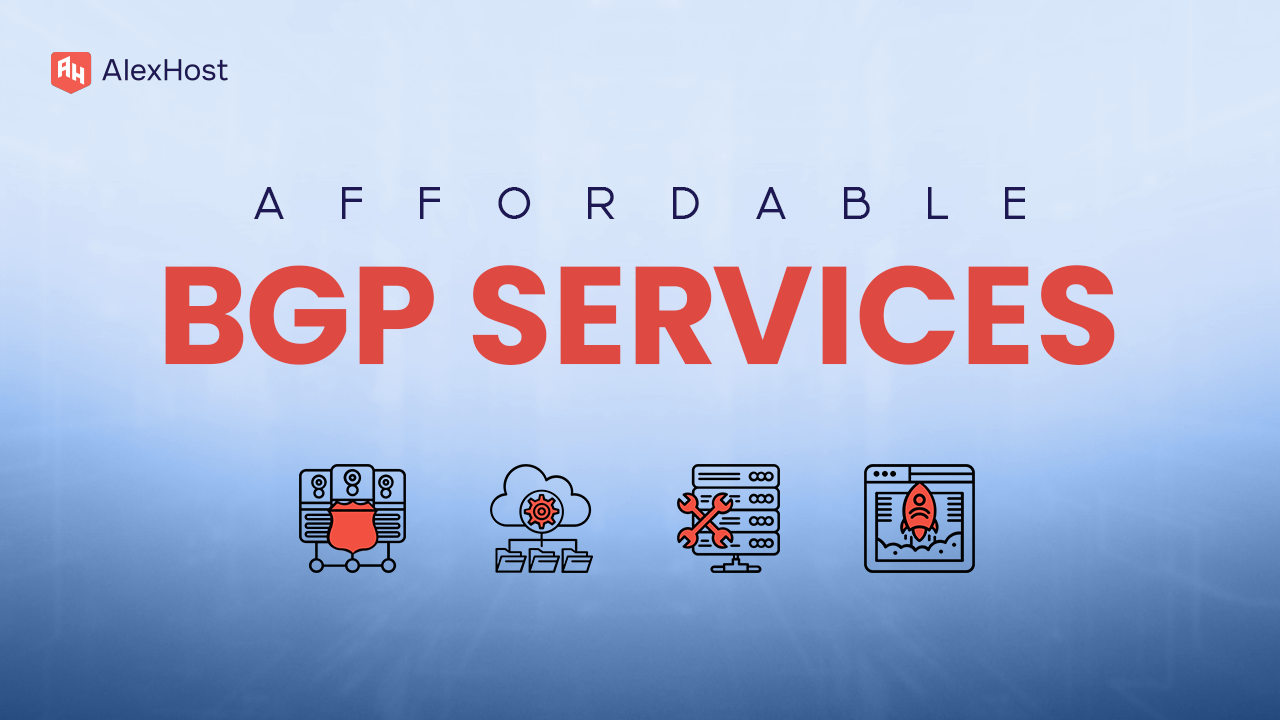The Security Perspective of Virtual Machines: Why Remote Virtual Machines are a Safe Choice
Virtual machines have transformed how businesses and individuals manage data, operate systems, and scale their digital infrastructure. With the rise of cloud computing, Virtual Private Servers and remote VMs have become indispensable tools, offering robust functionality and heightened security.
This narrative delves into why remote virtual machines are inherently secure, the advanced mechanisms they employ to safeguard your data, and how their isolated environments reduce risks associated with shared hosting. Additionally, it provides practical steps to fortify your VPS security, covering encryption, firewall configurations, and best practices to mitigate threats like unauthorized access and DDoS attacks, ensuring optimal protection for your digital assets.
The Built-in Security of Remote Virtual Machines
Remote virtual machines are architected with robust security features that protect both the host environment and the VM itself. At their core, VMs are isolated entities operating in a controlled, sandboxed environment. This isolation is pivotal; even if a single VM is compromised, the host system and other VMs on the same server remain unaffected. This fundamental separation forms the backbone of virtual machine security.
AlexHost provides further enhance security by integrating enterprise-grade measures. These include encrypted communication channels, intrusion detection systems, and consistent software updates, ensuring the virtualized infrastructure is resilient against evolving threats.
How Remote VMs Safeguard Your Data
Data protection is paramount in today’s interconnected world. Remote VMs offer a suite of features designed to keep your information safe. Encryption plays a critical role; both data in transit and at rest are typically secured using advanced protocols such as TLS/SSL for communication and AES for storage. This ensures that sensitive information remains protected, even during transmission.
Automated backups are another key feature. Many VPS services include scheduled backups, providing peace of mind by preserving your data in the event of an attack, hardware failure, or accidental deletion. Additionally, granular access controls allow administrators to enforce strict user permissions, ensuring sensitive information is only accessible to authorized personnel.
Mitigating the Risk of Folder Infections
One of the lesser-discussed risks in virtualized environments is folder infection, where malicious software infiltrates a system by exploiting vulnerabilities. However, there are effective strategies to mitigate this risk:
| Risk Factor | Mitigation Strategy |
| Shared Folders Vulnerability | Limit shared folders or ensure strong antivirus protection on both ends. |
| Malware Infections | Conduct regular malware scans with updated antivirus software. |
| Unauthorized Access | Disable auto-mount features for external devices and folders. |
| Unapproved Software Execution | Whitelist applications to allow only authorized software. |
| File Integrity Threats | Use file monitoring tools to detect and respond to unauthorized modifications |
AlexHost recommends these basic rules that will definitely help you secure your server. With these rules, you can be sure of security guarantees. We strongly recommend that you contact our professional team of engineers if you suspect unauthorized access or suspect a deterioration in the security of your VPS
Enhancing VPS Security: Best Practices
A comprehensive approach to VPS security involves several layers of protection. Adopting these practices ensures your virtualized environment remains resilient:
- Enable Strong AuthenticationUse complex passwords and multi-factor authentication (MFA) for accessing your VPS.
- Stay Updated. Regularly update the operating system, hypervisor, and applications to patch vulnerabilities.
- Implement Firewalls. Configure firewalls to block unauthorized access while allowing essential traffic.
- Disable Unnecessary Features. Turn off unused services and ports to reduce potential attack surfaces.
- Enable Real-Time Monitoring. Use monitoring tools to detect and respond to suspicious activities promptly.
- Secure Access with SSH. Replace traditional passwords with key-based authentication for enhanced security.
Conclusion
Remote virtual machines represent a secure, efficient, and scalable solution for modern data management and operations. Their inherent isolation, combined with advanced security protocols and customizable features, ensures a robust environment for both personal and business use. By adopting best practices for data protection and proactively defending against DDoS attacks, you can unlock the full potential of remote VMs while keeping your operations safe. Embrace the power of virtualized computing with confidence, knowing that a well-secured VPS has your back.








